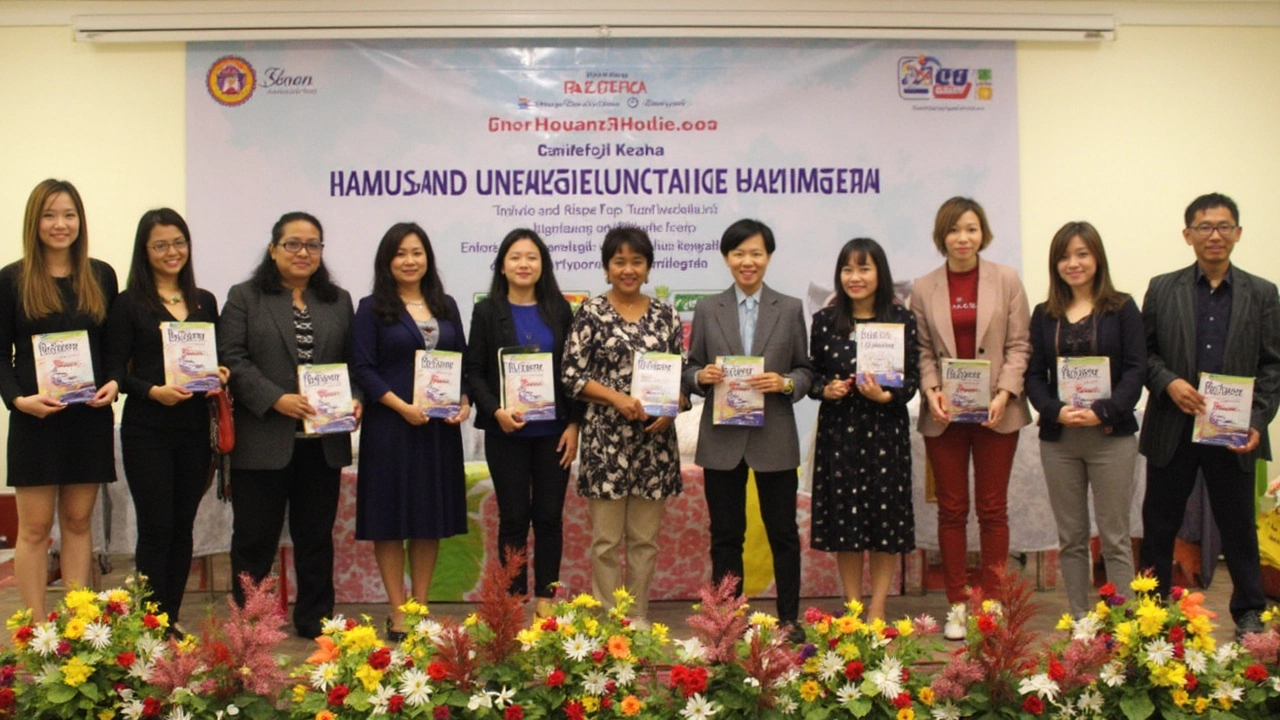Language Guides You Can Use Right Now
Want to get better at a language without spending hours in a classroom? You’re in the right place. PC Literacy Info brings short, practical tips that fit into a busy day. Whether you’re learning English, Hindi, or any other language, the ideas below work for anyone who wants to speak, read, or write more confidently.
Quick Tips for Everyday Learning
First thing: set a tiny goal. Instead of “learn Spanish,” try “learn five new verbs today.” Small goals keep you from feeling stuck and give you a quick win. Write those verbs in a notebook or a phone note and use them in a sentence before the day ends.
Second, use the apps you already have. Most smartphones come with built‑in voice assistants that understand several languages. Ask your phone to translate a phrase, read a short news headline, or even set a reminder in the language you’re studying. It’s a painless way to practice listening and speaking.
Third, make speaking a habit. Find a language buddy on a free chat platform or talk to yourself in front of the mirror. Even a minute of talking out loud each morning can build confidence. Don’t worry about perfect grammar – the goal is to get words flowing.
Fourth, soak up media you enjoy. If you love movies, watch them with subtitles in the target language. If podcasts are more your style, choose a 5‑minute episode and listen while you commute. The brain picks up patterns faster when you’re entertained.
Finally, keep a “word jar.” Whenever you see a new word, write it on a slip of paper and drop it in a jar. When you have ten slips, pull one out and use it in a sentence. This turns vocabulary building into a fun game.
Free Resources You’ll Love
PC Literacy Info curates a list of free tools that get you learning fast. Online dictionaries like WordReference or Merriam‑Webster give you definitions, examples, and audio pronunciation in a single click. Language‑learning websites such as Duolingo, Memrise, and BBC Languages let you practice reading, writing, and listening without paying a dime.
If you prefer video, YouTube channels like "Learn Hindi with HindiPod101" or "English with Lucy" break down grammar rules in bite‑size videos. For reading practice, try sites that offer free short stories or news articles at various difficulty levels – newsinlevels.com is a good start.
Don’t forget community forums. Subreddits such as r/languagelearning or r/Spanish are full of learners sharing resources, answering questions, and posting challenges. Jump into a conversation, ask for feedback, and you’ll see real‑world usage in action.
All of these resources work best when you combine them with the habits above. Spend ten minutes a day on an app, watch a short video while you eat, and write one sentence in your notebook before bed. Consistency beats intensity every time.
Give these tips a try this week and notice how quickly the words start to stick. Language learning doesn’t have to be a marathon; it can be a series of small, enjoyable steps that add up to big progress. Ready to start? Grab a notebook, pick a goal, and let PC Literacy Info guide the way.
Understanding Humanity Through the Power of Language, Says Expert
Language is more than just a tool for communication. According to expert Mr. Tim, it's a key to unlocking human experiences and fostering understanding across cultures and societies. This perspective highlights the critical role language plays not only in daily interactions but also in shaping our perceptions and connections with one another.





